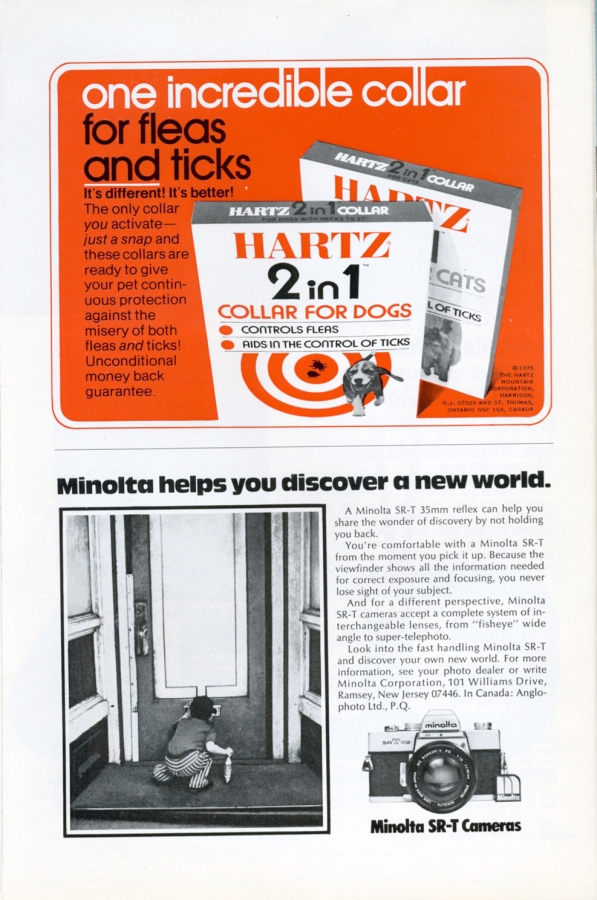 You know there’s a serious problem at hand when the Environmental Protection Agency (EPA) — the organization responsible for keeping U.S. residents and environment safe — is being sued. But that’s exactly what’s happening in the case of the toxic flea collars. If you currently use or have ever used flea collars on your pet, you should read the following post.
You know there’s a serious problem at hand when the Environmental Protection Agency (EPA) — the organization responsible for keeping U.S. residents and environment safe — is being sued. But that’s exactly what’s happening in the case of the toxic flea collars. If you currently use or have ever used flea collars on your pet, you should read the following post.
Last month, the National Resource Defense Council (NRDC) sued the EPA for allowing manufacturers of flea collars to use known toxic chemicals in their products. The two chemicals in question are propoxur and tetrachlorvinphos (TCVP). The suit filed by the NRDC specifically aims “to force EPA to respond to NRDC’s petitions to cancel all pet uses and manufacturer registrations of these two chemicals.”
As most people already know, flea collars work by leaving residual chemical-based pesticide around the dog or cat’s neck. This pesticide is then absorbed through their skin and into the bloodstream. When a flea bites the dog or cat, it should (flea collars don’t always work), inadvertently draw some of the pesticide, at which point it dies.
There’s been a lot of controversy surrounding the use of TCVP in flea collars and other preventive/treatment medicines. The NRDC have been trying to push the EPA to discontinue its use for years with no avail. In effort to end the battle once and for all, the NRDC has filed a lawsuit against the EPA to ban these two toxic chemicals.
The NRDC stated the following in a recent press release:
“Once on a child’s skin, the pesticide is absorbed through the skin or it can be ingested when a child puts their hand in their mouth. Propoxur and TCVP are types of pesticides that are known to be toxic to brain development, nervous system communication and can cause cancer. Children are particularly vulnerable because their smaller bodies are still developing and their activities, such as putting their hands in their mouths after petting animals or playing, increase the likelihood and amount of these pesticides that can enter their bodies.”
With all of the natural remedies for treating and preventing fleas today, there’s really no reason why any owner should poison their family or their pets with TCVP. If you’re going to use a flea collar, check the active ingredients beforehand to ensure it does not contain TCVP.
Have you experienced or noticed any ill side effects from the use of flea collars on your pet? Let us know in the comments section below!
